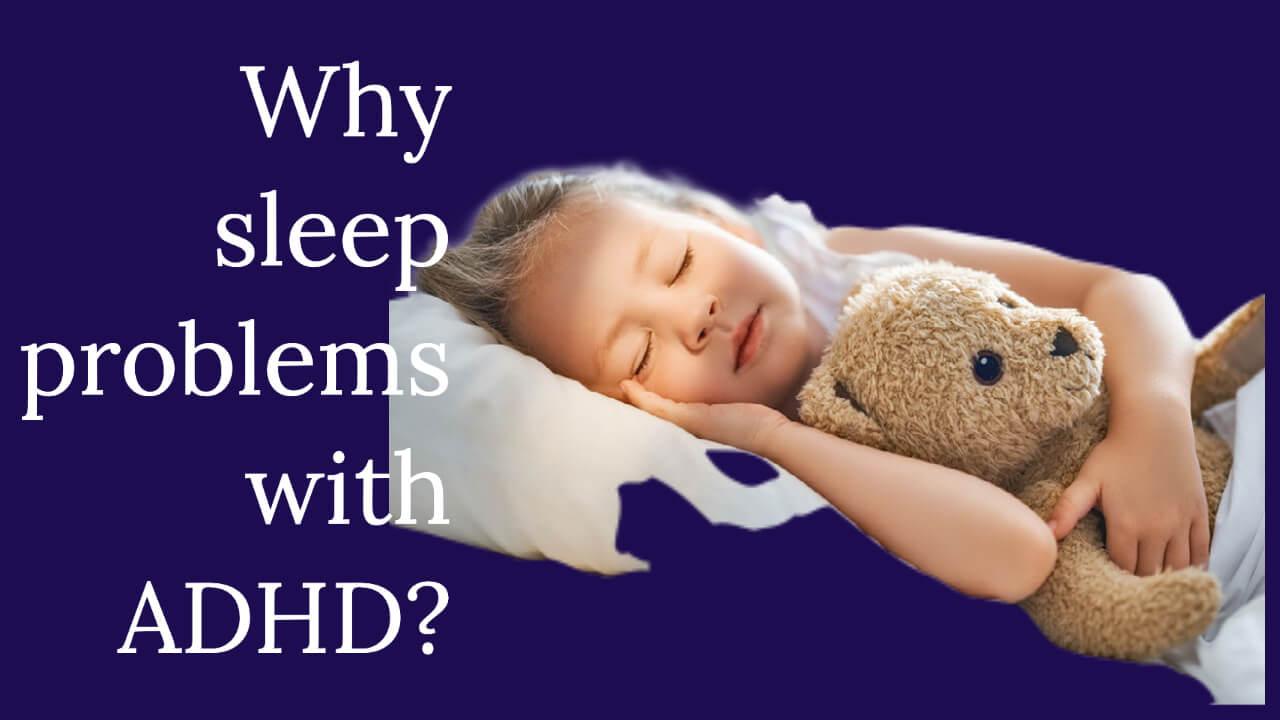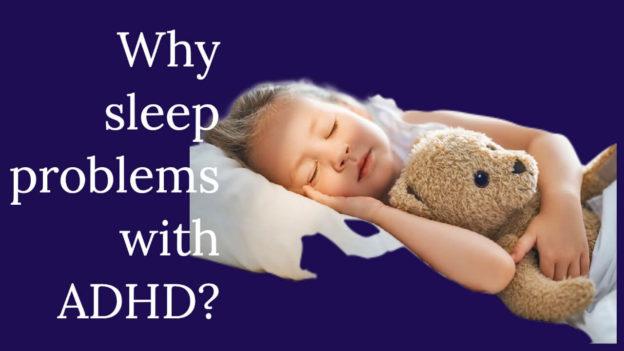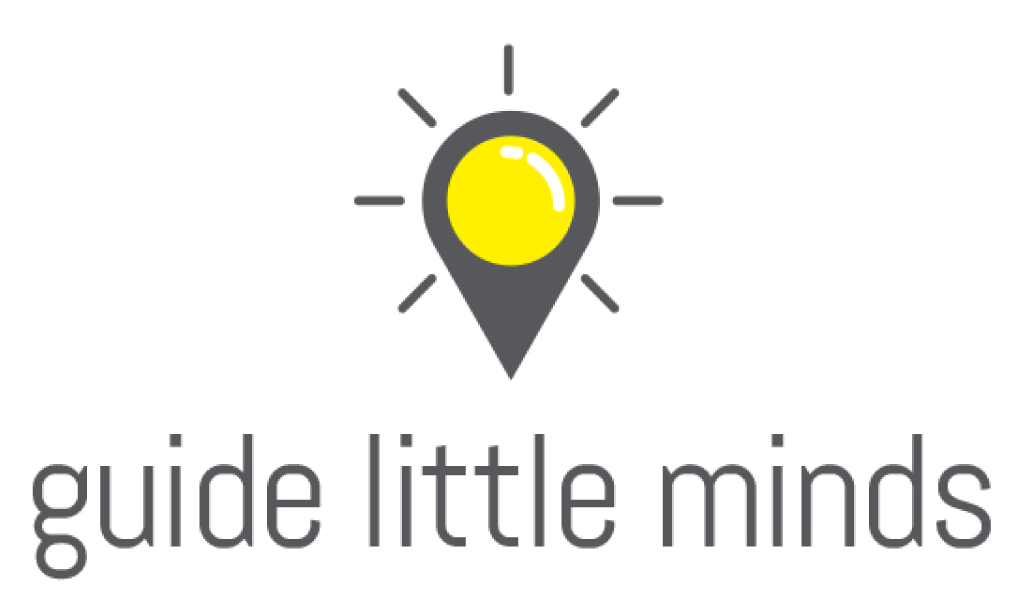Click the course materials tab and download the course notes
Summary
Summary of the Five-Part Series on Sleeping Problems and ADHD
Part 1: The Intersection of ADHD and Sleep Disturbances
In the opening segment, we’re introduced to the complex relationship between ADHD and sleep. Pediatrician John guides us through the underappreciated link between the two, aiming to clarify common misconceptions about ADHD medications and behaviors. Highlighting that sleep issues often precede medication and are misattributed, John sets the stage for a detailed examination of how ADHD influences sleep, emphasizing the critical nature of early identification and management. This discussion sets the groundwork for understanding the multifaceted challenges of ADHD, especially in relation to sleep, paving the way for an in-depth exploration in the series.
Part 2: Unraveling the Sleep Challenges in ADHD
The second part delves into the theories behind sleep difficulties in individuals with ADHD, highlighting arousal and engagement’s pivotal roles. Renowned psychiatrist Thomas Brown’s insights into arousal and alertness underscore the importance of managing these states for better sleep. The discussion expands to the impact of an irregular internal clock on melatonin production and the significance of sleep hygiene. Anxiety’s role is scrutinized, advocating for cognitive and relaxation strategies to combat bedtime anxiety, promoting a holistic approach to improving sleep for those with ADHD.
Part 3: Treatment Options and Strategies
Here, we explore various treatment avenues beyond medication, acknowledging the pre-existing nature of sleep challenges in ADHD. The segment introduces counterintuitive methods like administering short-acting stimulants before bedtime and highlights the importance of avoiding habit-forming medications. Melatonin and clonidine are discussed as beneficial alternatives, with practical tips such as a dual alarm system for morning wakefulness. This part emphasizes a nuanced understanding of ADHD’s impact on sleep, incorporating behavioral strategies and awareness of anxiety’s influence.
Part 4: Practical Advice for Managing Sleep Issues
Focusing on actionable strategies, this installment offers parents insights into navigating sleep difficulties in children with ADHD. It stresses the importance of distinguishing between ADHD-related sleep problems and other causes, advocating for medication adjustments and the establishment of a conducive sleep environment. Recommendations include screen-free routines, consistent sleep schedules, and modeling good sleep hygiene. The narrative underscores the need for a structured approach to bedtime routines, considering additional factors like anxiety and specific sleep disorders, guiding parents towards fostering restorative sleep for their children.
Part 5: A Deeper Dive into ADHD and Sleep
The final part synthesizes our journey, reiterating the critical connection between daily activities and sleep quality in ADHD. It discusses the ADHD mind’s constant state of alertness and its implications for sleep, advocating for a balanced, authoritative parenting style. Highlighting the role of technology and the importance of natural rhythms in regulating sleep, it calls for structured daytime activities and reduced screen time. Concluding the series, this segment ties together the themes discussed, emphasizing a comprehensive approach to managing ADHD and sleep challenges for improved well-being.
This series offers a comprehensive overview, from foundational concepts to practical strategies, for understanding and addressing the sleep difficulties faced by individuals with ADHD. Through expert insights and actionable advice, it aims to empower caregivers and individuals with ADHD to navigate the complexities of sleep disturbances, fostering better sleep habits and overall quality of life.




Responses